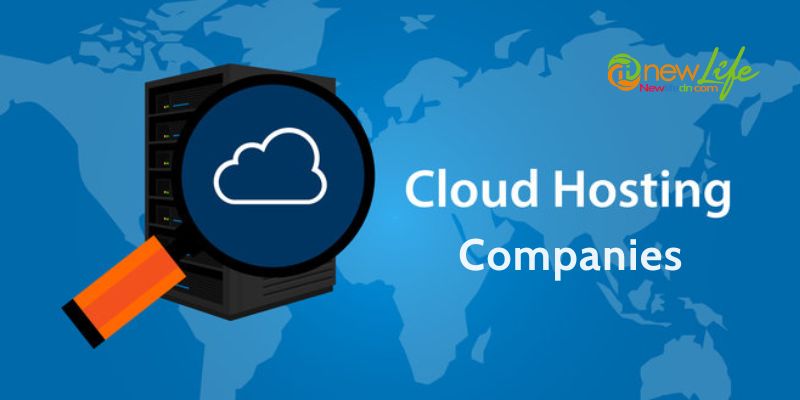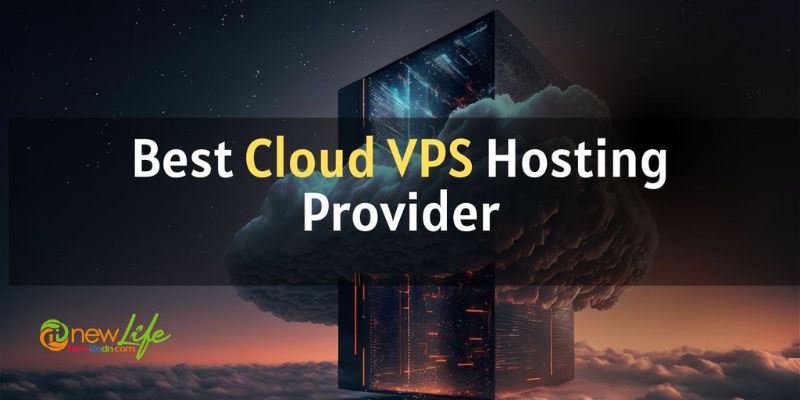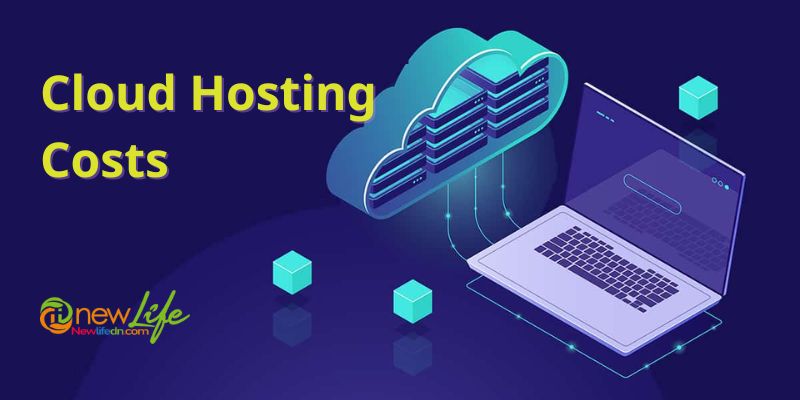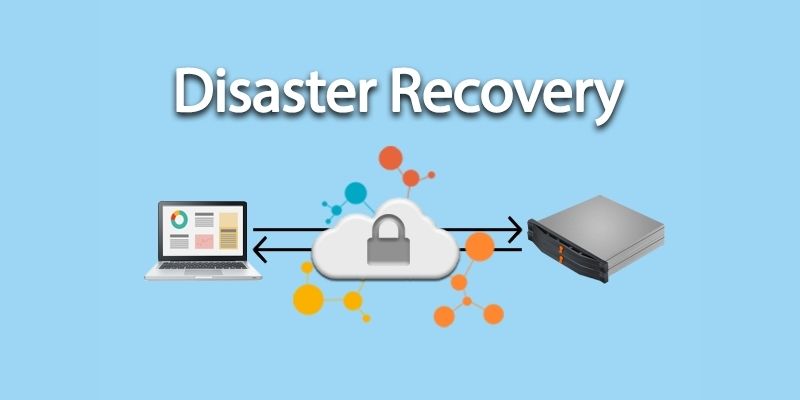What if you could enable your company to produce new, flexible applications that compete with and match your existing applications, data, and processes? What if you could give your admins the ability to use and control the dynamics of the cloud while still complying with regulatory and compliance requirements? What if you could accomplish all of this while remaining flexible and free to use the services of other cloud providers?
This is a rather extensive list of requirements, but it accurately captures the difficulties businesses face when making changes to deal with disruptions. In this article, we will introduce you to IBM cloud private for data – a solution to help you solve the problems your business faces.
Contents
What s IBM Cloud Private For Data?
Enterprises can get a customer-managed container solution from IBM Cloud Private for Data. Additionally, it is offered under the IBM® Cloud Private-CE community version, which offers a constrained selection at no cost and is perfect for test environments.
The private cloud platforms IBM Cloud Private includes infrastructure as a service (IaaS), platform as a service (PaaS), and container as a service (CaaS). Three key use cases are employed by businesses on the platform:
- Constructing and running on a private cloud production cloud-native applications
- Using and securely integrating data and services from sources outside of the private cloud
- Upgrading and refactoring legacy enterprise software
Key Features And Benefits Of IBM Cloud Private For Data
Unity Installer

Use the Ansible-based IBM cloud private for data installer to quickly set up a Kubernetes-based cluster with master nodes, workers, proxies, preferences management, and Vulnerability Advisor. Fast and easy to use, this installer uses Ansible. Your cluster will be up and running in minutes after you give some simple instructions from a single start button.
Powerful Logging and Monitoring With the ELK . Stack
IBM cloud private for data has records in each container. Logs are needed for post-mortem analysis and debugging of production issues. The amount of logs you need to debug across containers increases as twelve-factor applications are split into multiple microservices. Also, the container’s files contain a lot of logs. Filebeat and the ELK stack (Elasticsearch, Logstash, Kibana) are both used by IBM Cloud Private. As you access and query logs and metrics, this logging and monitoring workflow provides a unified location for all logs and metrics, higher performance, and increased stability.
To query information in an Elasticsearch database, you can install Kibana or Grafana. The results of these queries can be used to create interesting charts and reports.
Monitoring And Warning
All conditions of the container must be observed. Kubernetes’ standard liveness probes ensure that failed pods are restarted. However, your problem of monitoring on a packaged platform does not end here.
Health metrics are generated by each application container and each middleware container. Custom Prometheus Collections set up by IBM Cloud Private for Data for specific metrics. Customer alerts and custom dashboards benefit from the insights and building blocks provided by custom metrics. For system monitoring, IBM® Cloud Private uses Prometheus and Grafana stacks.
Metering
To use the license, any container needs to be managed. You can check and get comprehensive consumption statistics for your applications and clusters using the measurement service. The metering user interface makes precise measurements clear and data is stored for up to three months. You can also receive a monthly summary report, on file for up to 24 months.
Access and Identification
Consistent identity is guaranteed across all platform services by identity and access management. Over and beyond the basic Kubernetes roles and cluster responsibilities, IBM Cloud Private for Data introduces the idea of teams. Teams connect a group of users with certain roles to a set of resources that are both inside and outside of Kubernetes. The access control concept from IBM UrbanCode Deploy is the foundation of the team model.
Security
For all platform services, IBM Cloud Private for Data provides data in transit and data at rest security. All services store data that is encrypted at rest and expose network endpoints through TLS. All services must offer audit logs detailing the acts taken, their timing, and the individuals responsible. All middleware must comply with the security paradigm, and all platform services must have consistent audit trails.
Microsoft Security Advisor
Containers are always being changed. Continuous vulnerability identification is necessary. Some of the Vulnerability Advisor’s main advantages are:
- Scan images to identify security threats
- Detecting infractions of policy
- Identifying best practice upgrades
- Adopting corrective measures
Cloud Automation Manager by IBM
Everything is in a container, but not everything is in a container. On the IBM® Cloud Private for Data, IBM Cloud Automation Manager (CAM) is a multi-cloud, self-service management platform that gives administrators and developers the tools they need to satisfy business demands. Through end-to-end automation, this platform enables developers to create apps that are in line with organizational policies while enabling effective management and delivery of services.
Benefits:
- Incorporated with and used with IBM® Cloud Private
- Examination of current IBM WebSphere setups
- Offers suggestions for modernizing applications
Microclimate by IBM
converting creative concepts into commercial value and delivering it via containers. IBM Microclimate makes it simple to quickly develop new applications. An end-to-end development environment called Microclimate allows you to quickly design, change, and deploy apps. Applications may be deployed into production on Kubernetes through an automated DevOps pipeline using Jenkins since they are executed in containers from the very beginning. Installation of Microclimate is possible locally or through IBM® Cloud Private.
IBM Cloud Private for Data management console
Your applications and cluster may be managed, monitored, and troubleshoot from a single, secure management console.
Kubernetes
Kubernetes offers orchestration primitives to handle several types of workloads in order to run a container in production:
- Stateless Sets of Replicas
- Stateful Sets with States
- Batch Tasks
- Sets of system daemons
Private Docker image registry
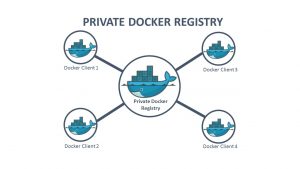
A local registry service that performs similarly to Docker Hub’s cloud-based registry service is made possible by integrating the private Docker registry with the Docker registry V2 API. The capabilities of this local registry are identical to those of Docker Hub, except you can limit who can see or download images from it.
Helm
An IBM Cloud Private for Data cluster manages applications using Helm, the native package management system for Kubernetes. A collection of tried-and-true, preconfigured Kubernetes apps is curated and continually expanded by the Helm GitHub community. From the administration panel, you may add components from this list of reliable applications to your cluster. An additional 80 or more Kubernetes applications that are prepared for cluster deployment are provided by installing this Helm community catalog. See stable helm charts Opens in a new tab to see a list of all the stable applications that are accessible via the Helm repository.
Helm charts describe even the most complex applications; provide repeatable application installation, and serve as a single point of authority. Helm charts are easy to update with in-place upgrades and custom hooks. Charts are also easy to version, share, and host on public or private servers. You can use helm rollback to roll back to an older version of a release with ease.
Helm charts serve as a single point of authority, offer repeatable application installation, and define even the most complicated applications. Upgrades already in place and specialized hooks make updating helm charts simple. Charts are also simple to host on public or private servers, distribute, and version. With the help of helm rollback, you may easily go back to a previous release version.
Catalog
A simple-to-use, expand, and compose Catalog of IBM and outside information is offered by IBM Cloud Private. Some essential ideas are as follows:
- Charts: a collection of Kubernetes tools
- Repository: a number of graphs
- Releases: a chart instance that Kubernetes has loaded. Multiple deployments of the same graphic can each result in a separate release. You may search for and install packages in your cluster from the Catalog’s central location.
The curated repositories listed in the default IBM Cloud Private repository list provide packages for additional IBM products. You cannot access the charts for these packages unless your environment is connected to the Internet. Check out reliable IBM charts Opens in a new tab to see a list of all the IBM Cloud Private charts.
Kubernetes Service Catalog for Managing Service Brokers
Kubernetes Service Catalog support is provided by IBM Cloud Private. The service broker apps can be set up to handle the resources and information in the service catalog.
These Kubernetes resources are now available thanks to the Service Catalog component:
- ClusterServiceBrokers
- ClusterServiceClasses
- ClusterServicePlans
- ServiceInstances
- ServiceBindings
The component known as the service broker implements the service broker API, allowing users to view the services and plans that are currently in use, build instances of those services and plans, and construct bindings for connecting to those instances. Refer to the service catalog for further details.



